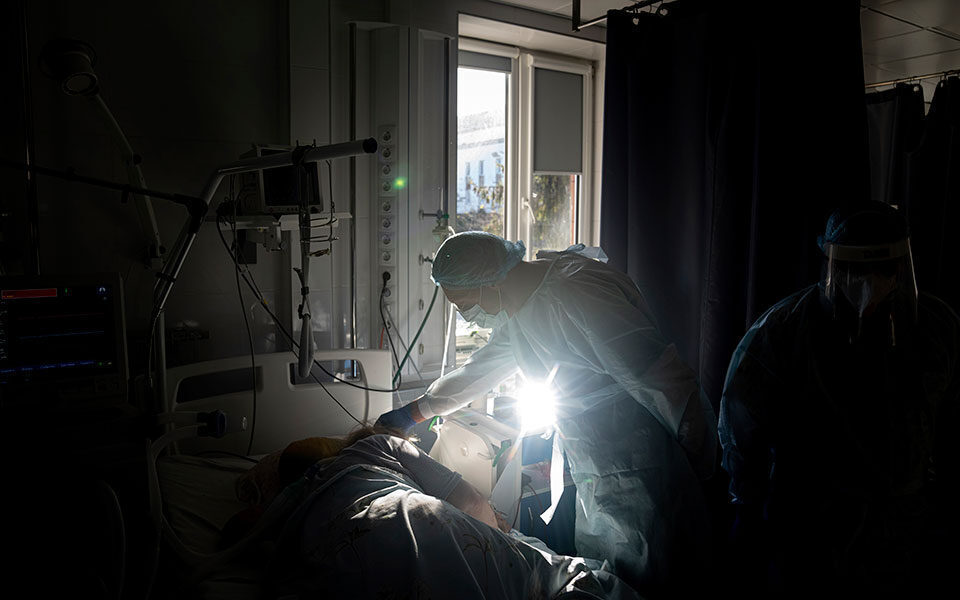
Sub-options BA.4 as well as BA.5both members of her “family”. Omicrontriggered a massive wave of infections coronavirus World. According to experts, our country is at the peak of the sixth wave of the pandemic.
Although there are many cases caused by these hypertransmissible mutations, negative results (intensive care unit admissions and deaths) are currently disproportionate to the widespread occurrence. In other words, there is still no significant pressure on the NSS.
The symptoms of Omicron subvariants differ from previous mutations. BA.4 as well as BA.5. “Up to delta mutationCovid-19 caused pneumonia,” he explains to K. Sofia PurikiDoctor of the University of Athens and Pulmonologist-Resuscitator in the Covid-19 Intensive Care Unit of the Sotiria Hospital.
“Pneumonias, which were severe in many cases, led to respiratory failure and low oxygen saturation. This item is now limited. Pneumonia is not something we see in new versions of Omicron,” he adds.
More intense and persistent symptoms
And what are the new symptoms? Ms. Puriki explains to “K” that the symptoms from Omicron variants 4 and 5 are not as severe as the previous mutations, but are more intense and persistent.
“They are located in the upper respiratory tract that’s why Qatar as well as “filling” appear in many patients,” he notes, adding: persistent sneezing it is also on the list of new symptoms. But the most characteristic is the intense and persistent Headache, which, with fluctuations, can last for several days. Another key symptom is cough, also intense. It is usually dry at first and can become productive later. This severe, persistent cough can persist even two to three weeks after the initial infection with the coronavirus and is especially worrisome for smokers with asthma or other chronic lung conditions.

“Another element that we haven’t seen in previous waves is Heat – which reaches 39 degrees, even 40. A fluctuating fever can “hold on” for up to three days. arthralgia and myalgia they also seem to be more intense, according to patients, as do the symptoms of fatigue and exhaustion. There are people who tell us that in the early days they feel like they can’t even walk.”
According to an experienced pulmonologist, treatment for the above symptoms includes antipyretics, analgesics, drinking plenty of fluids, and plenty of rest.
OUR Stelios LoukidisPresident of the Hellenic Pulmonological Society and Head of the 2nd Pulmonology Clinic at Attikon, emphasizes to K that the people hospitalized are elderly and the problems they face as a result of being infected with the corona virus are the “decoordination” of the underlying diseases, from which they suffer.
Source: Kathimerini
Lori Barajas is an accomplished journalist, known for her insightful and thought-provoking writing on economy. She currently works as a writer at 247 news reel. With a passion for understanding the economy, Lori’s writing delves deep into the financial issues that matter most, providing readers with a unique perspective on current events.